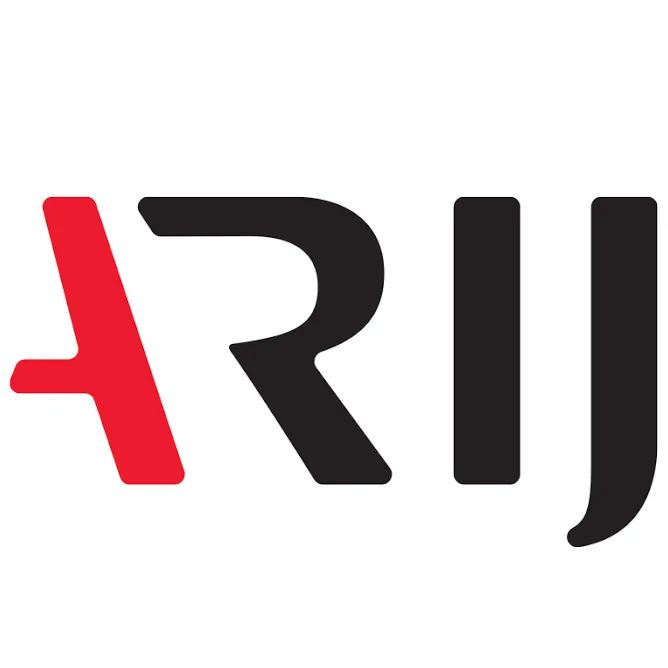
Around the world, electricity is taken for granted. Light, heating, and communication are available at the flick of a switch or the push of a button. It powers devices that make daily living such as refrigerating food, working, or studying after dark possible.
More than a decade of crisis has damaged or destroyed Syria’s critical civilian infrastructure and services including electricity, water supply, schools, and healthcare facilities. Electricity cuts are now part of everyday life in Syria. 30 percent of the population have power for just two hours per day. Sometimes, even less.
With constant fuel shortages, gasoline-and diesel-fueled generators have become impractical and useless. Environmentally speaking, this is good news as more people turn to solar energy as a reliable source of power. Solar panels on buildings have become a more familiar sight.

With close to 90 percent of the population in Syria living below the poverty line and a 60 percent unemployment rate, female-headed households are disproportionately affected by the deteriorating socio-economic situation, with women more likely to be among the ranks of the unemployed. To address this challenge, UNDP Syria has been supporting initiatives to enable transformative change in pursuit of gender equality in the workforce. Supporting women to work in fields like science, technology, and engineering predominantly occupied by men is one of them.
In a heavily populated town in Rural Damascus, known to host thousands of internally displaced persons (IDPs), UNDP Syria adopted a community-based gender transformative approach, to help women break gender stereotypes that link science to masculinity, and to overcome challenges they are facing in obtaining jobs. In a close partnership with a local women network, UNDP identified the most vulnerable and capable women from both host and IDPs communities to take part in its “women and renewable energy” project, which aims at both improving livelihoods for women and their communities, as well as creating a safe environment for women to discuss the challenges they face due to gender stereotypes, and their impact on women’s career progressions.
230 women applied to join this project, out of which 40 were selected to undergo soft skills training.

“The training I received on leadership, communication, negotiation, social marketing, digital literacy, and other important subjects made me realize the number of skills I was previously lacking and it’s starting to impact my personality and home life in a positive way.” said Tamara, 29.
The training concluded with individual interviews to find out more about the women’s interests and passions so they can be divided into two main groups — a technical team and a social marketing team.

The technical team received specialized training on solar panels, solar pumping systems and technologies, and innovative solutions to generate green livelihood opportunities. To further support the women’s career development in the field of energy, UNDP will help match the women to possible employment opportunities and for those who are interested in starting a small business, will be linked with banks for loan facilitation.
“My family has a small solar panels business. With all the new information I have learned and the innovative solutions we were introduced to, I hope I’ll be able to be actively involved and contribute to the development of our business” said Maryam, 41.
The social marketing team received training on the concepts of dialogue, problem-solving, citizenship, advocacy, and social responsibility to enable them to mobilize and advocate in their communities for breaking gender stereotypes surrounding women’s work in technical fields. Their role is essential as part of promoting women’s solidarity as they contribute to create demand for women’s engagement in renewable energy.
“I missed many opportunities in the past because of the stigma around my participation in masculine jobs.” said Hiba, 27. “It is time to challenge this idea. I have the right as a woman to choose the field of work I find appropriate, especially in these difficult circumstances in which we live”.
Electricity is an essential part of life. No access to electricity goes against the basic principles of human rights which promotes gender equality and the right to a standard of living adequate for the health and well-being of everyone.
Thanks to generous support from the Government of Japan and the UN Response and Recovery Fund, UNDP supported 40 Syrian women to empower themselves and pave the way to address the lack of access to electricity in an environmentally friendly manner. This unique initiative is expected to be replicated among other communities in the future.
UNDP is dedicated to empowering women to be part of the solution to accelerate climate action and create pathways to sustainable, reliable, affordable, and clean renewable energy.
For more details please visit the link below







Add Comment